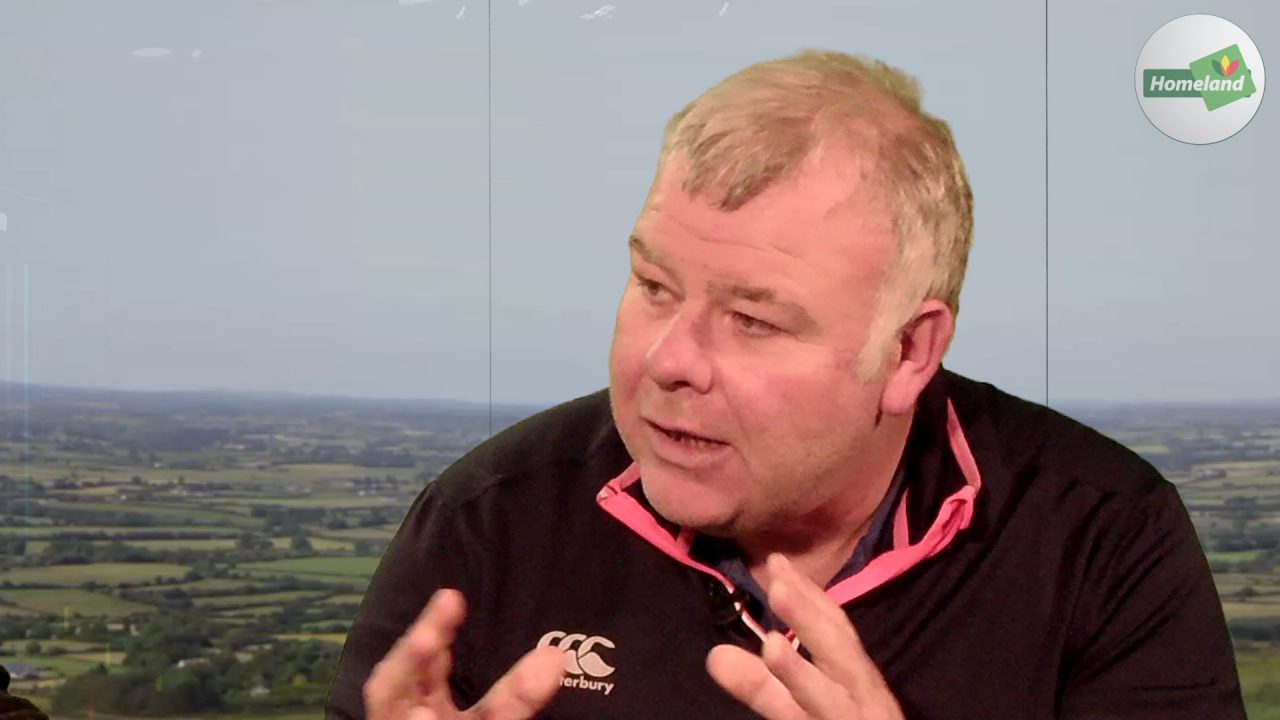The inclusion of a ‘production reduction’ condition in the distribution of the €100 million beef aid package has been heavily criticised by one independent TD.
Michael Fitzmaurice, a TD for Roscommon-Galway, argued that these clauses were a “kick in the teeth” for suckler farmers who, he said, have “endured months of poor prices and are still faced with the prospect of Brexit”.
He was responding to the revelation yesterday, Thursday, June 6, that the planned allocation of the fund would be conditional on a number of ‘clauses’, including one relating to the ‘production reduction’ and restructuring of the beef sector.
Ireland would also have to implement one or more of the following conditions: creating schemes to promote quality; boosting market diversification; or improving farmers’ environmental, climate and economic sustainability.
Various stories have been floating around since the fund was agreed upon around a table in Brussels. Now there is a draft document circulating behind the scenes as well. With all of these cloak and dagger tactics, one would have to wonder what other details are being hidden from farmers.
Fitzmaurice also posed the question: “How long has [Minister Michael Creed], or officials in his department, been aware of the ‘production reduction’ clause?
“Farmers could be forgiven for thinking that the minister, the department and Commissioner Hogan are collaborating to try and finish off the suckler sector in Ireland. Farmers need to wake up and open their eyes to what is currently going on,” he argued.
Fitzmaurice’s comments are in line with the leading farmer groups in the country, who have all slammed this criteria.
‘Bully-boy tactics’
Fitzmaurice said he was concerned that “bully-boy tactics” from Europe would result in the production reduction clause being forced through.
“If the European Commission isn’t willing to back down on the clause in the beef aid fund…we should tell them to stick the €50 million where the sun doesn’t shine,” he said, referring to the portion of the package that is directly funded by Europe.
“We should try and source the funds internally, rather than turn to Europe,” Fitzmaurice argued.
Just because half of this €100 million fund is set to come from Europe, we do not have to roll over and do what we are told.
He continued: “The importance of suckler farming in Ireland cannot be underestimated. There are approximately 34,000 farms involved in suckler farming across Connacht, as well as counties Donegal, Clare and Kerry.
“These farms represent families who have farmed the land for generations and who are part of the backbone of rural Ireland. Without those families, schools, local businesses and entire communities would disappear,” concluded Fitzmaurice.
